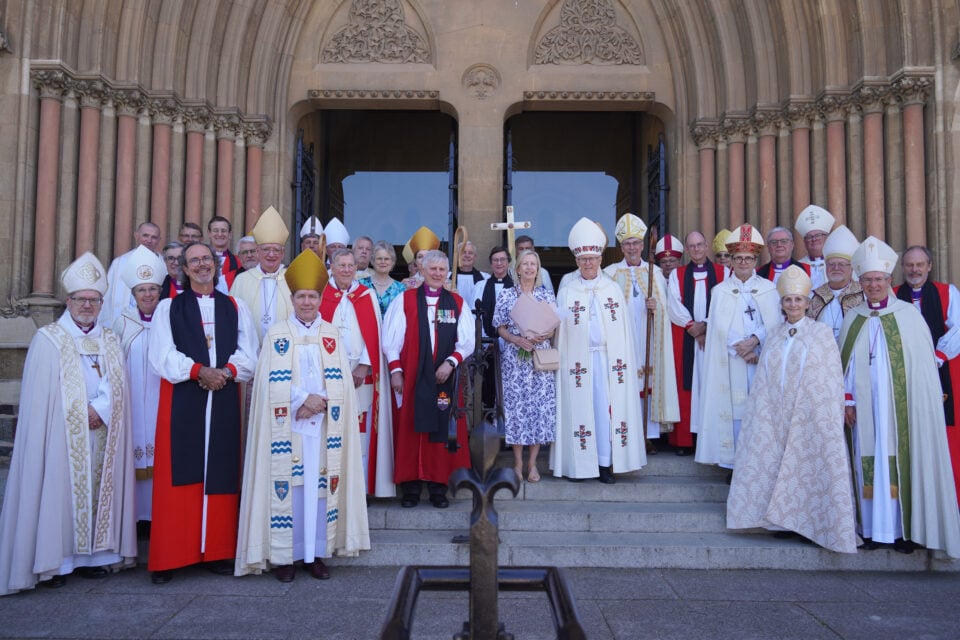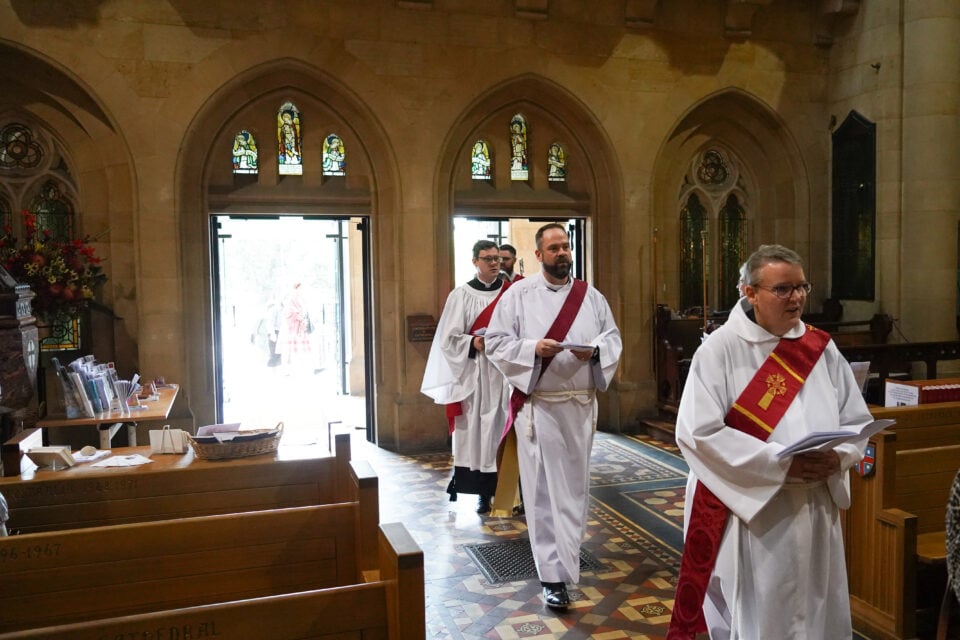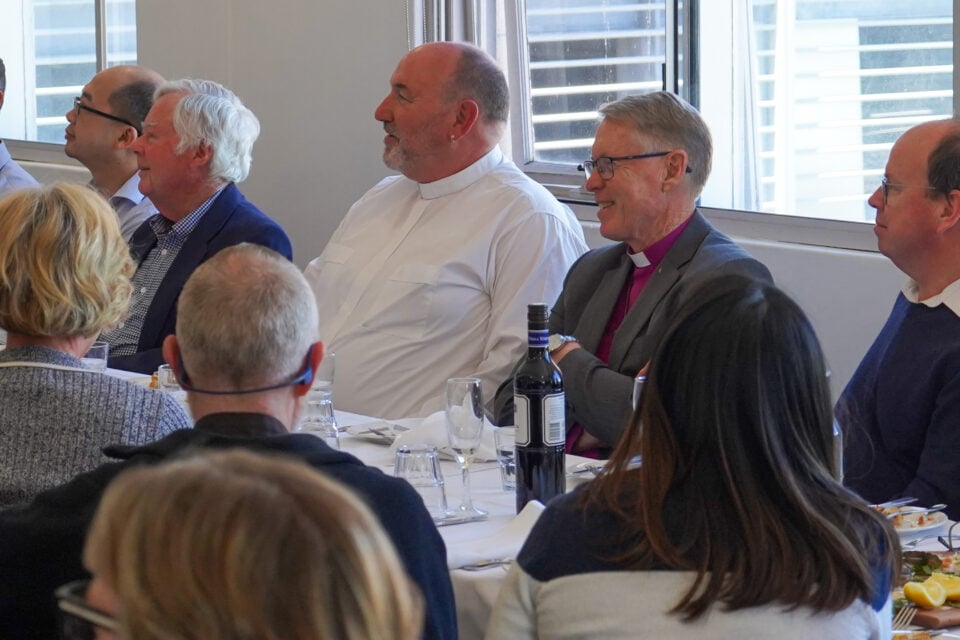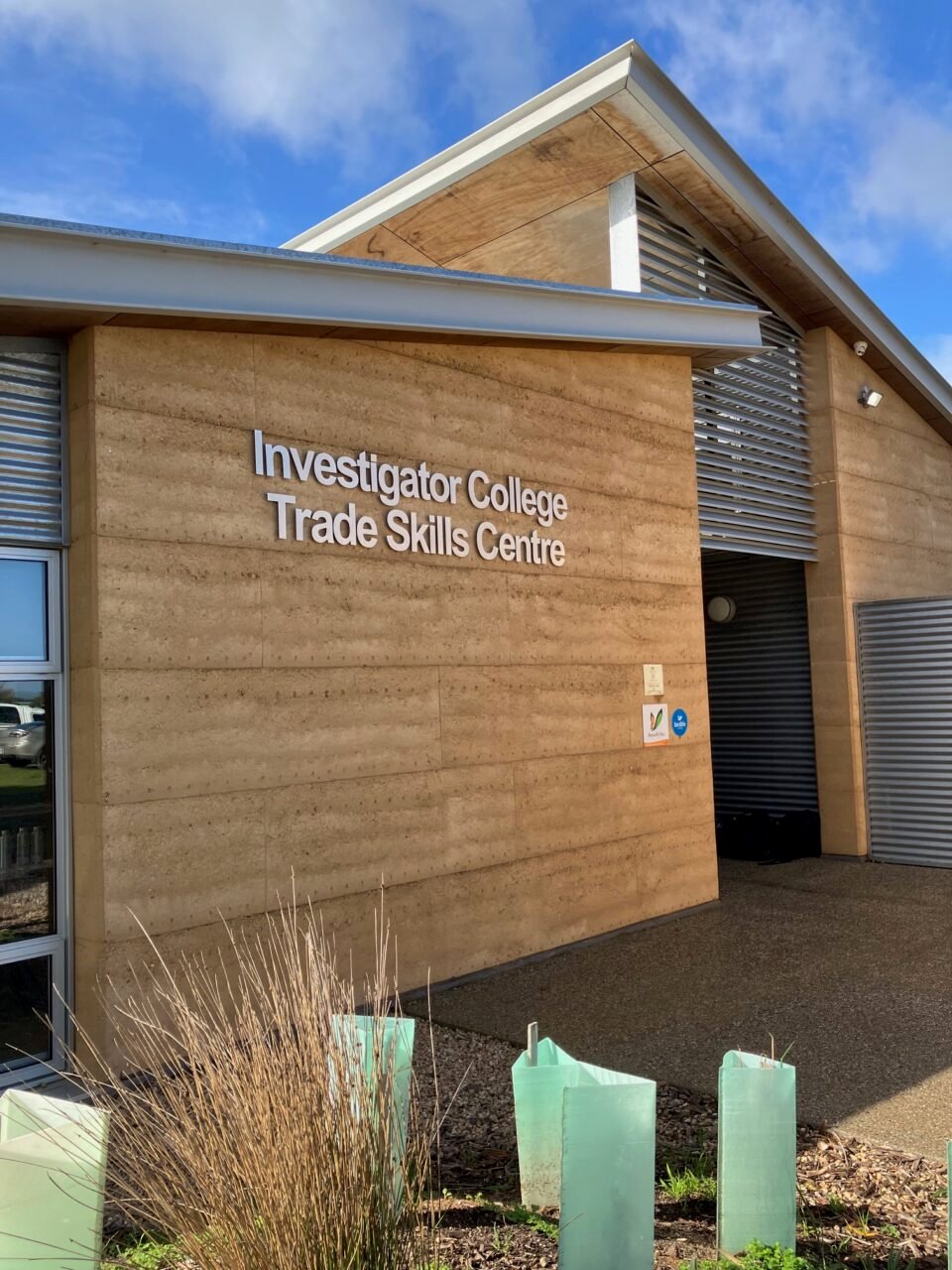Church communities have immense untapped potential to tackle the scourge of domestic violence by following a few simple guidelines, Flinders University social work Professor Sarah Wendt says.
“These are caring communities where a sense of belonging matters,” she’s says. “So churches can become a powerful influence on people who use violence and a powerful support for victims of it.”
Professor Wendt recognises taking action can be daunting as people fear doing or saying the wrong thing but she insists people do not have to be experts.
“You don’t have to know the ins and outs of domestic violence and sexual assault,” she says. “You just have to listen, show empathy, and be non-judgemental. Those are the three guiding principles, which will enable a checking in about safety too.”
It is all about creating safe spaces for people and recognising the courage of that person who came forward. By doing that, it creates a framework for offering support to victims, she says.
And the risk of not acting is much greater than the fear of saying the wrong thing.
“Often when victims of domestic violence or sexual assault first seek help they are testing the waters and see what the response will be,” Professor Wendt says.
“Research shows that if that first experience is negative it can stop them seeking help again for a very long time.”
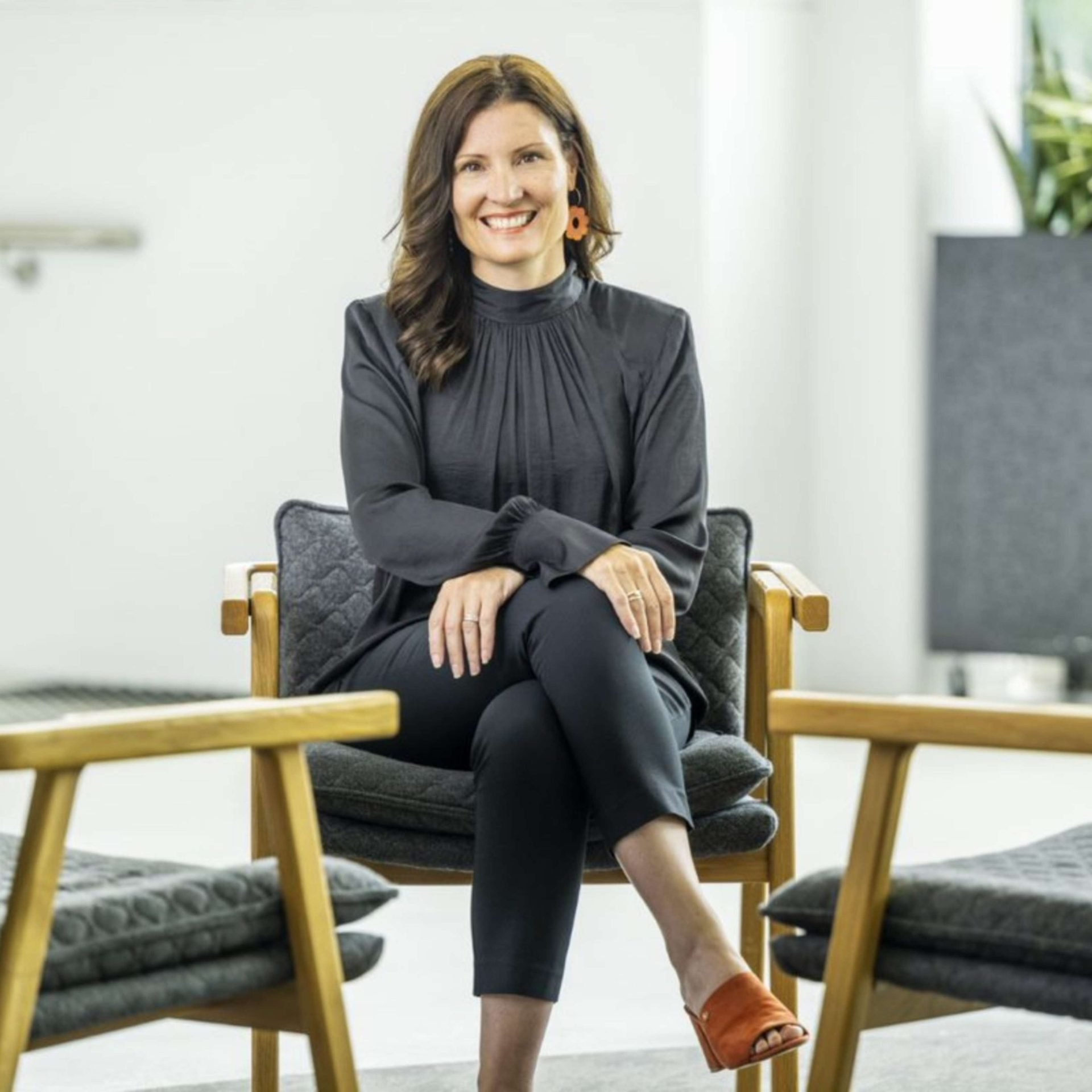
Professor Wendt is currently conducting a research study into the experiences of clergy and church workers in the Anglican Diocese of Adelaide when responding to disclosures of the abuse of children, sexual assault of adults, and domestic and family violence.
The study will help the Diocese extend its evidence-base to support and equip clergy and church workers to employ good practice when responding to child abuse, sexual assault, and domestic and family violence.
While many of the principles for responding to violence and sexual assault are general there are some specifics in a church setting that should be taken into consideration.
“Biblical scripture can provide leadership with teaching around equality, intimacy, marriage and family,” says Professor Wendt.
With the overwhelming majority of perpetrators of domestic and family violence and sexual assault being male, gender issues become vitally important.
“We can’t have a conversation about different forms of interpersonal violence without addressing the link to gender inequality,” the professor says. “Pastors and lay leaders are in a good position to challenge inequality by looking at the problem through a theological lens.”
But then lens can become blurred with scripture sometimes misused to justify male authority and power.
“The church setting is ideal to tackle these misconceptions and has the potential to drive change,” she says.
And the interviews Professor Wendt has already conducted in the Diocese show that there is a great thirst for this change.
“What has come from the interviews and my work in other churches, is that many men want change,” she says.
“Power and control are so damaging to everyone and the conversation about how to change our attitudes to male power and control is long overdue.”
Professor Wendt will present the key findings of her research at panel event in November entitled ‘You Can Ask That’, designed to raise awareness about gender-based violence and highlight ways to build safer communities. The event will take place during the 16 Days of Activism against Gender-based Violence. Details are below or you can read more about it here.
You Can Ask That Panel
Where: Cynthia Poulton Hall in North Adelaide
When: Thursday 23rd November 4pm to 6pm.
Registrations: via Eventbrite
Please submit any questions via this link for panellists to answer at the event.



